-
 MASHEMEJI DERBY NEW DATE SET
MASHEMEJI DERBY NEW DATE SET
-
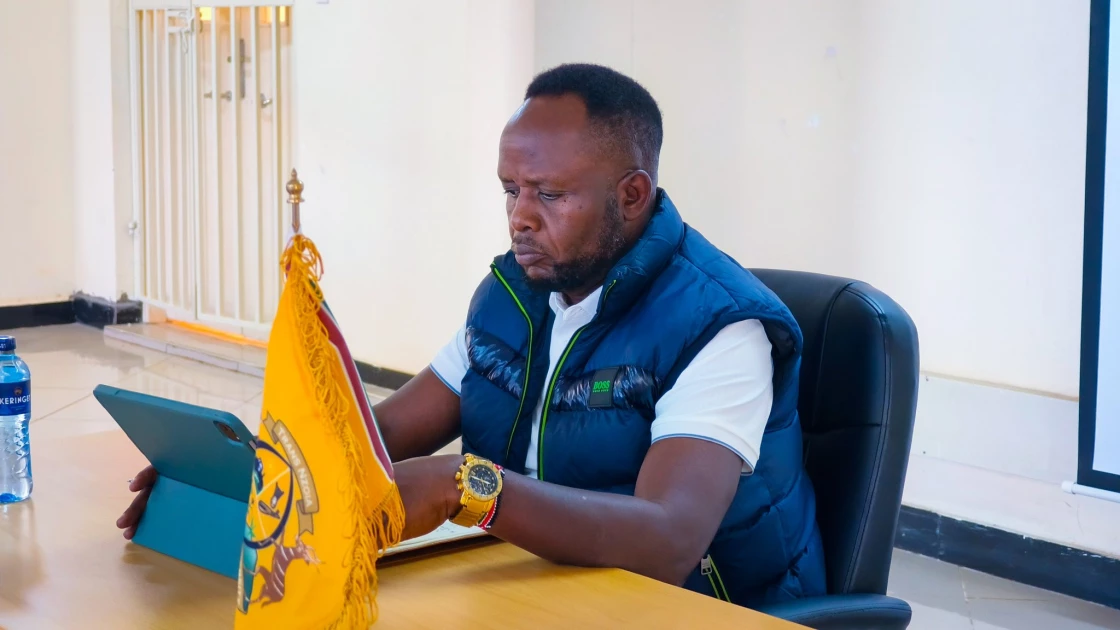 GEORGE NATEMBEYA SECURITY HAS BEEN WITHDRAWN
GEORGE NATEMBEYA SECURITY HAS BEEN WITHDRAWN
-
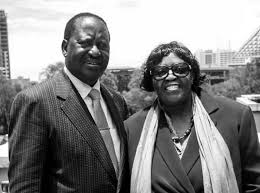 THE ODINGA'S MOURN AGAIN
THE ODINGA'S MOURN AGAIN
-
 GLADYS SHOLLEI BACKS IEBC TEAM
GLADYS SHOLLEI BACKS IEBC TEAM
-
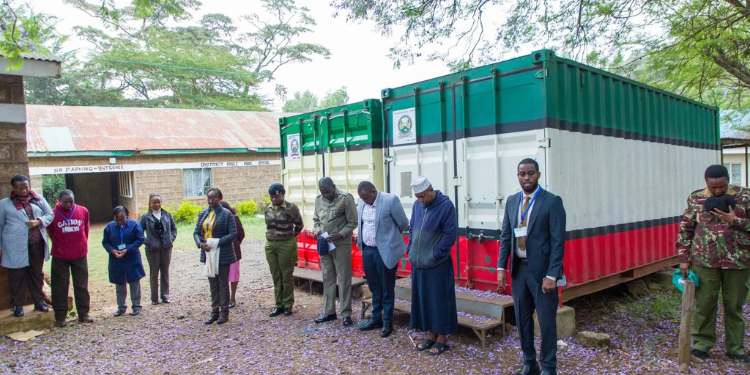 KNEC EXAMINER PASSES AWAY
KNEC EXAMINER PASSES AWAY
-
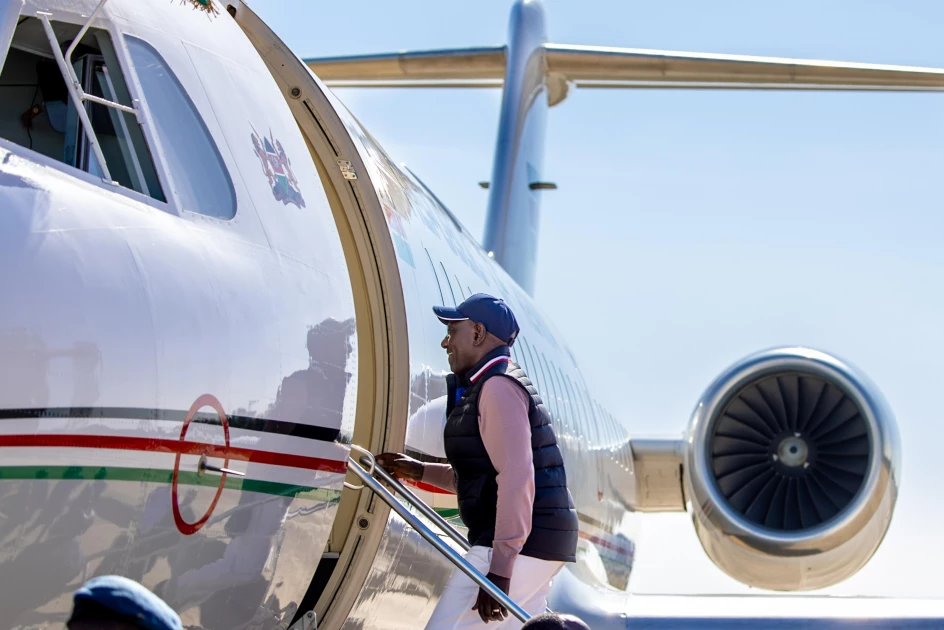 PRESIDENT WILLIAM RUTO ATTENDS AU SUMMIT IN ANGOLA
PRESIDENT WILLIAM RUTO ATTENDS AU SUMMIT IN ANGOLA
-
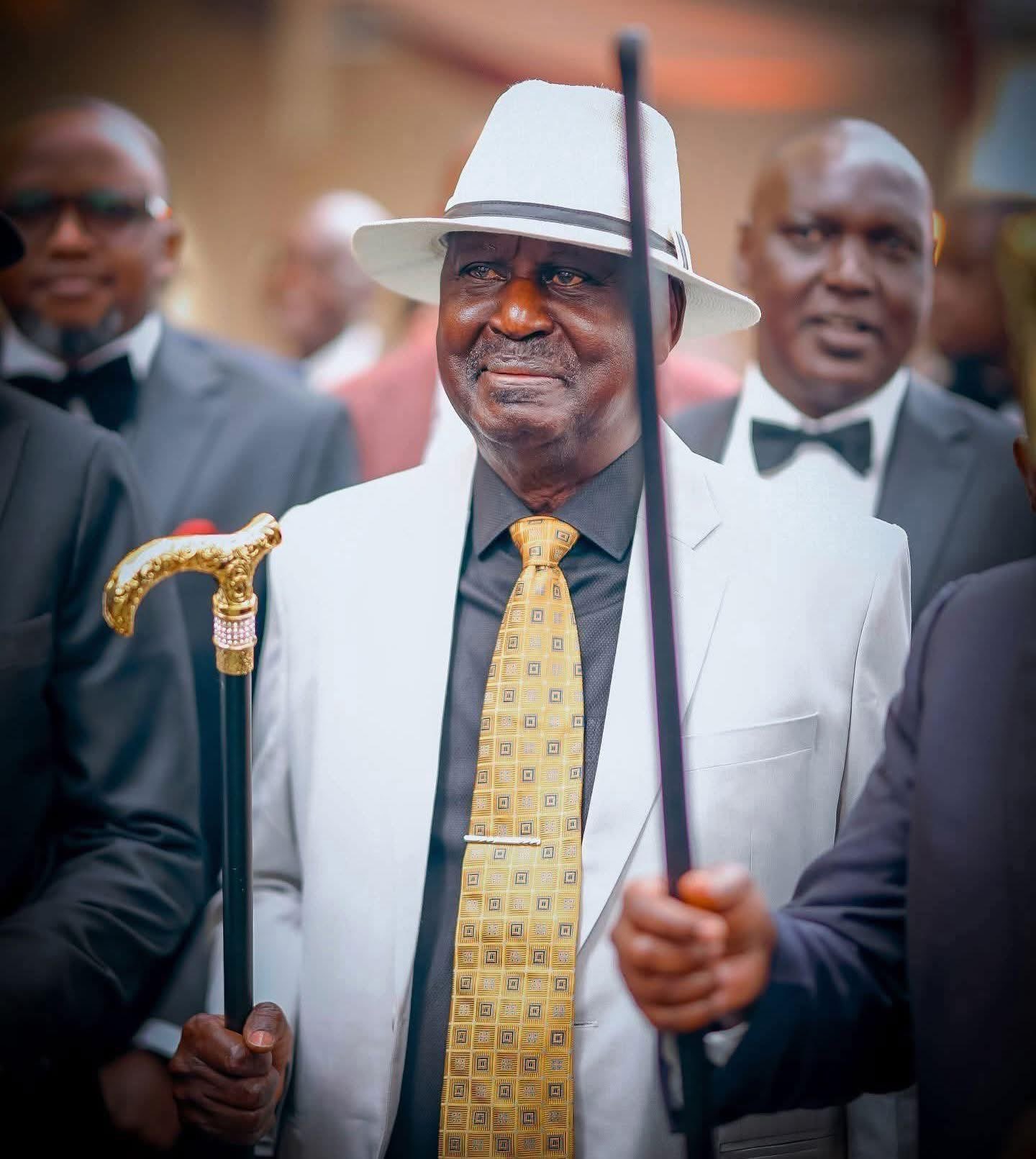 RAILA WENT TO HELL , THEN FREED AFTER 3 DAYS - PROPHET CLAIMS
RAILA WENT TO HELL , THEN FREED AFTER 3 DAYS - PROPHET CLAIMS
-
 MIKEL ARTETA PRAISES EZE'S OUTSTANDING PERFORMANCE AGAINST SPURS
MIKEL ARTETA PRAISES EZE'S OUTSTANDING PERFORMANCE AGAINST SPURS
-
 RUTO DEFENDS ECONOMY RECORD
RUTO DEFENDS ECONOMY RECORD
WHY UGANDAN TROOPS LANDED IN KENYA AFTER MUSEVENI'S INDIAN OCEAN DEMANDS
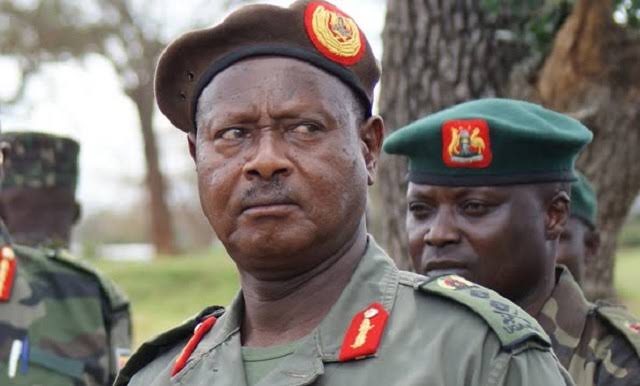
A high-ranking Ugandan military delegation quietly landed in Nairobi last week for what was officially described as a welfare benchmarking mission with the Kenya Defence Forces (KDF).
The trip has since stirred fresh questions across the region, coming barely days after President Yoweri Museveni issued a provocative warning about possible future wars linked to landlocked countries’ access to the Indian Ocean.
The Uganda People’s Defence Forces (UPDF) team, led by Deputy Commander of Land Forces Major General Francis Takirwa, spent Wednesday touring the Defence Forces Welfare Services (DEFWES) at Moi Air Base in Eastleigh. The officers were hosted by Brigadier Peter Limo, who walked them through Kenya’s military welfare systems—covering housing, healthcare, veterans’ services, cooperative societies, and income-generating programmes.
The delegation later visited the DEFWES warehouse and the DEFWES Mall in Embakasi, facilities designed to support soldiers’ families. During a courtesy call on Kenya Air Force Commander Major General Bernard Waliaula, the Ugandan side was encouraged to adopt models that could improve UPDF’s internal welfare systems.
Major General Takirwa praised the KDF’s “structured and innovative” welfare programmes, saying Uganda would implement several takeaways from the benchmarking tour.
But beyond the cordial exchanges and official photo ops, the timing of the visit has generated significant debate.
The delegation arrived in Kenya just days after President Museveni made one of his most confrontational statements in recent years.
Speaking in Mbale, Museveni argued that Africa’s coastal nations had no moral or political right to monopolise access to the Indian Ocean.
He compared the continent to an apartment block where all tenants should share the compound, regardless of which floor they occupy.
“Uganda is landlocked here. But where is my ocean? My ocean is the Indian Ocean. It belongs to me,” Museveni said, insisting that exclusive control by coastal states was “madness.”
He warned that the current arrangement could easily escalate into armed conflict in the future.
According to Museveni, Uganda’s inability to directly access the sea has stalled its economic potential, undermined defence capabilities, and complicated long-running negotiations with Kenya over key infrastructure such as railways and oil pipelines.
“The political organisation in Africa is irrational… In the future, we’re going to have wars,” he cautioned.
The comments ignited heated reactions in Kenya, with many interpreting the remarks as a veiled threat directed at Kenya.
In efforts to cool the diplomatic temperature, foreign Affairs Principal Secretary Dr. Korir Sing’Oei downplayed Museveni’s wording, calling his remarks “metaphorical” and urging the public not to treat them as literal threats.
He affirmed that Kenya respects international conventions guaranteeing landlocked nations access to the sea and dismissed any suggestion of looming hostility.
Moreover, KDF maintained that the UPDF’s visit was routine, part of long-standing military cooperation between the two neighbours. Uganda and Kenya frequently share training opportunities, intelligence, and security strategies.
For now, both governments maintain that relations remain strong.
But the rhetoric from Kampala has undoubtedly placed East Africa’s most interdependent neighbours under a brighter spotlight—as the debate over sea access and regional fairness gains new momentum.
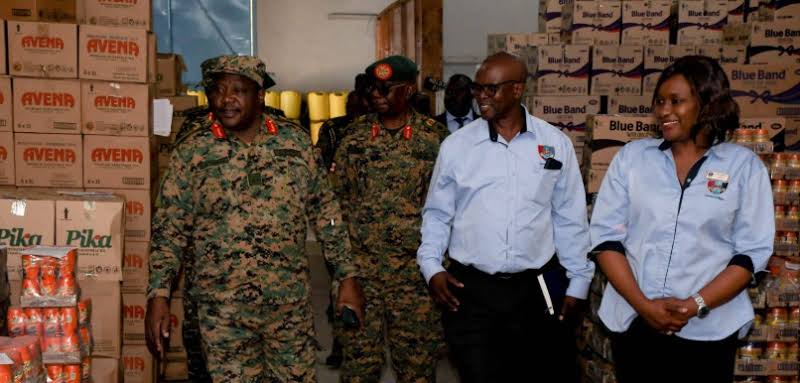


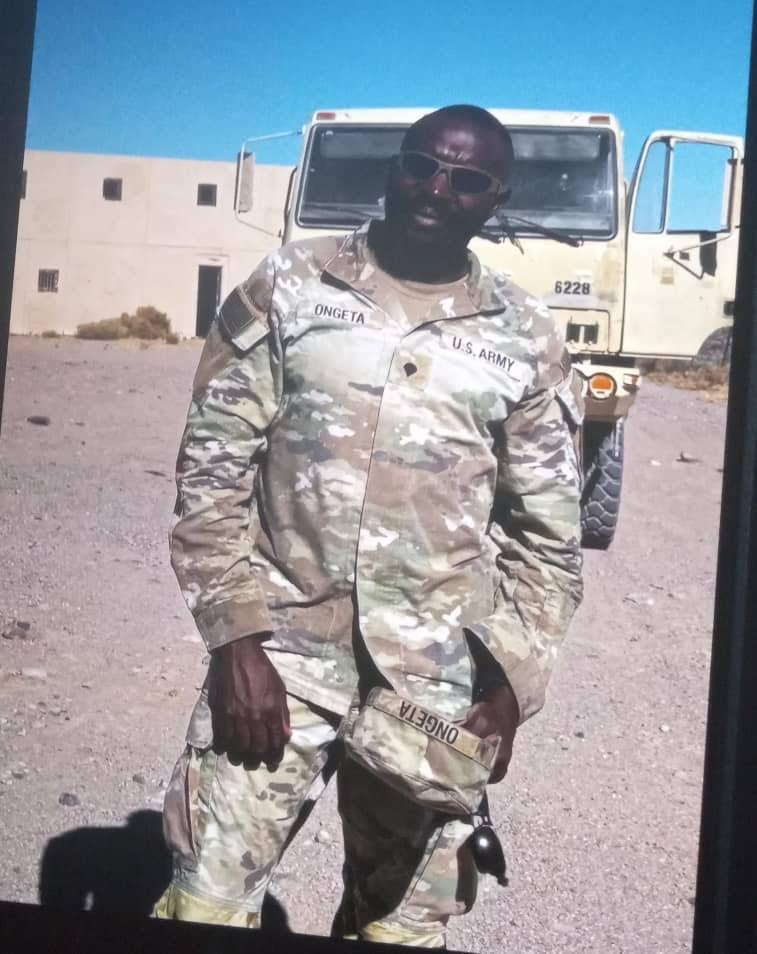

Comments (0)
No comments yet. Be the first to comment!